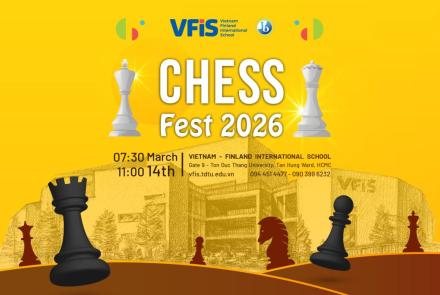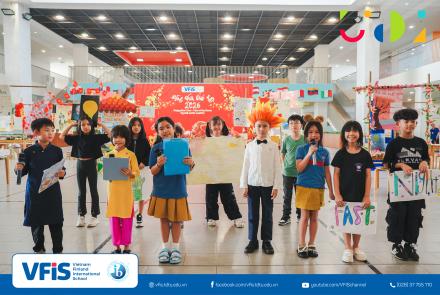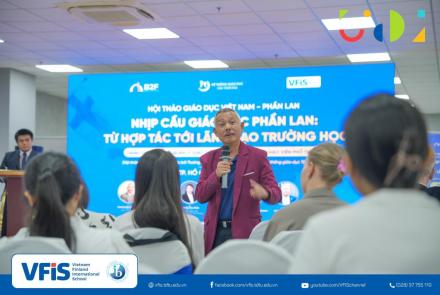Study in Theory of Knowledge (TOK) at VFIS
Theory of Knowledge (TOK) is a subject about knowing. We are here to make sure learning takes place at all times, and learning produces knowledge. Knowledge comes from various ways including by seeing and hearing (sense perception), by experience (memory), by numbers (reason), by talking (language) and even by gut feelings (intuition). TOK examines what knowledge is (as opposed to information, data, wisdom or facts), and explores how we know what we know.
Some say knowledge is power, while others might say ignorance is bliss. But even the claim that ignorance is bliss comes from certain knowledge. TOK challenges the students (as knowers) to delve further into what we know and how we know it. By visiting the fundamental level of knowledge, the students will stay curious academically over the course of their study and life. After all, curiosity opens eyes, and open eyes will catch opportunities when they knock on our doors.
TOK can use a great variety of methods to teach and learn. This is particularly true because different students hold strengths in different Areas of Knowledge (AOK). Some students are good at Math and Sciences while others are more confident in Literature, Psychology or Economics. TOK can be taught through using everyday objects to discuss our knowledge of them, or it can be taught through revisiting serious scientific theories. The diversity in teaching methods boosts the synergy of discussion in the TOK class, thereby rekindling the students’ academic curiosity for further study.
Show, share and explore. That’s how we learn TOK at VFIS. Since TOK is knowledge about knowledge, we first show and share what we know in various forms from exhibitions to essays. During our show-and-tell, we explore our knowledge in various Areas of Knowledge (AOK) through various Ways of Knowing (WOK) by using objects, articles and experiences from our everyday life.
Mr. Clay Lee | English, Economics and TOK Teacher
Master of Business Administration at Helsinki School of Economics, Finland




